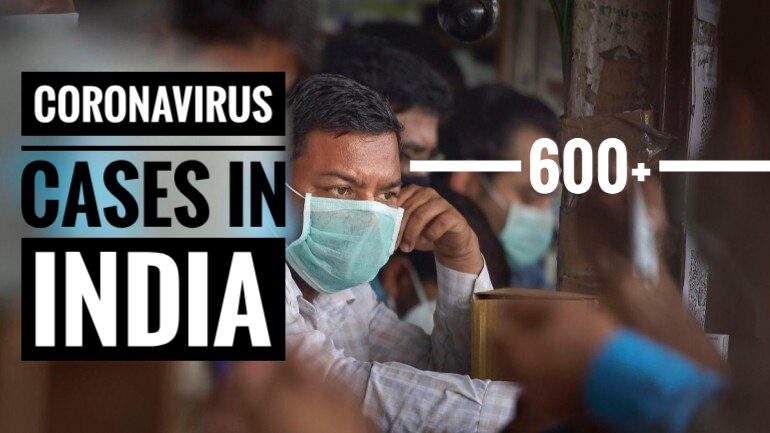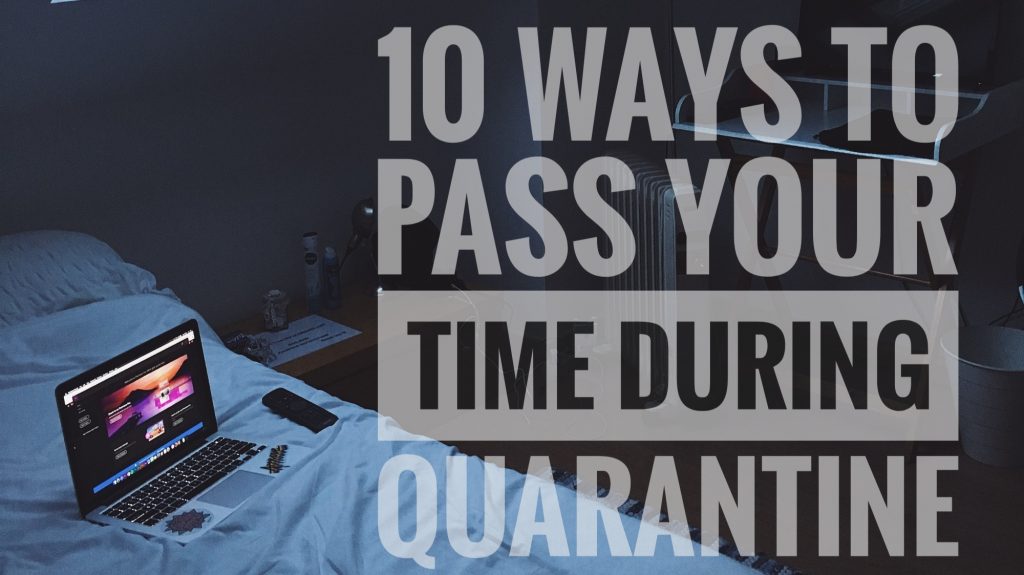The arrival of summers in India has raised everyone’s hopes that hot weather could slow down the spread of coronavirus. The Joint Secretary of Health Ministry, Lav Aggarwal in daily briefing confirmed that there is no effect of summer on the spread of coronavirus. He further stated that the fatality rate is much lower than the recovery rate, its 3.3% to 12.02% of the people recovered and there are districts like Mahe, Patna, Nadia, Pratapgarh, Porbandar, South Goa, Pauri Gadwal, Pilibhit, Rajauri, Vilaspur Durg and Rajnandgaon which have not reported any coronavirus case in last 28 days.
According to an ICMR report, the government is carrying out 24 tests for one positive test, the report further stated that rapid test kits will only be used for surveillance, not for diagnosis. On developing the antibodies to fight laboratory virus SARS-CoV2 the ICMR official stated that no antibody can fight the infection for life likewise, can’t say that the antibody for SARS-CoV2 will be promising to give immunity for life.
The studies have shown that most cases have been recorded between the temperatures from 3 degree to 17 degree and every 1 degree rise in atmospheric temperature and relatively high levels of humidity resulted in the decrease of cases by 0.8%. Another study shows that SARS-CoV2 will slow down during spring and summer only to increase the spread in winter season; however, the virus suggests the preference for cold and dry conditions. The reports show that 2002-3 SARS-CoV2 outbreak was linked to same climate conditions and if this happened with COVID-19 it is going to be the worst case scenario.
A sharp rise or fall in temperature related to cold could lead to the increased spread of the virus because of the influence of weather on human immune system and further this another study confirms that chances of spread are more in spring than in autumn or winter. The results have shown that temperature positively correlates with infection spread and negatively with humidity, temperature and humidity have a chance of 18% in the variation of transmission rest is public healthcare measures.

Many viruses lose their transmission power under high temperature but the same might not be true for SARS-CoV2. The laboratory experiment suggests that increased temperature decreased the virus activity, the virus lost its activity after 30 minutes in 56 degree temperature and just after 5 minutes in 70 degree temperature, but this high temperatures are rare and near to impossible in lower atmosphere. According to the experts the epidemic is a dynamic process, the researche need to consider every possible factor that could affect the activity of the pathogen.
The whole world is fighting with pandemic whereas, in India the fatality rate is much lower than the recovery rate but still there are no evidences that coming of summer season would affect the spread of coronavirus. The studies have suggested that summers could dampen the spread but there are no confirm evidences and the laboratory tests which are being conducted on SARS-CoV2 are on laboratory conditions which are far beyond the atmospheric conditions. Since, the atmospheric conditions and laboratory conditions are so distinct, it is difficult to consider the results and relate them from one another.

